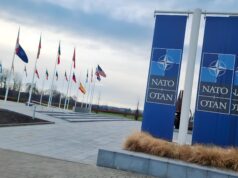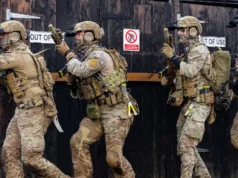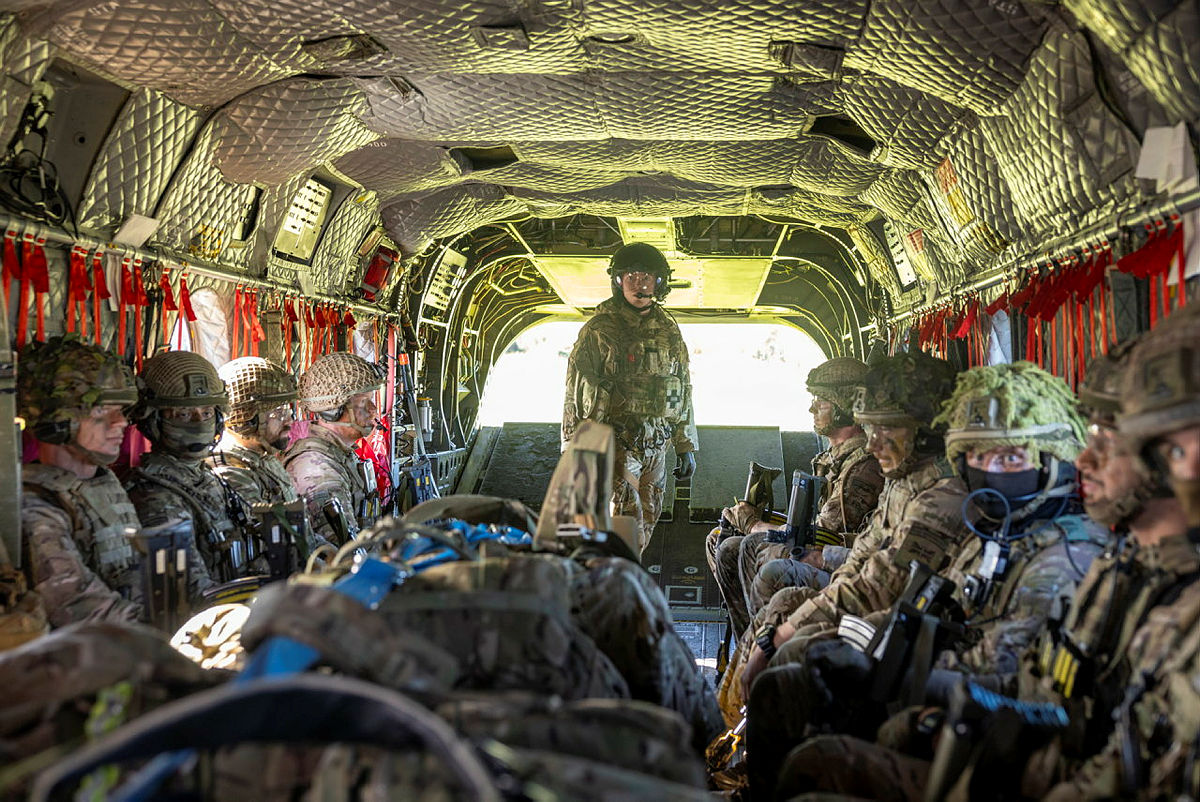The Ministry of Defence (MOD) has acknowledged that budgetary pressures could affect training for the Army, Royal Air Force, and Royal Navy in the current financial year, according to a written answer given on 16 September 2024.
Responding to a question from Shadow Secretary of State for Defence James Cartlidge, the government did not confirm specific reductions but highlighted the ongoing financial challenges faced across all departments.
Alistair Carns, the Parliamentary Under-Secretary at the Ministry of Defence, stated, “The Chancellor has confirmed a challenging in-year deficit across all Departments. A spending review process is underway. Departmental spending plans will be set out in the usual way.”
The response suggests that while no immediate cuts to the training budget have been confirmed, the broader government spending review may impact future allocations for military training. The Ministry of Defence has yet to clarify the extent of any potential adjustments, with further details expected as part of the spending review process.
Defence spending has been subject to fluctuations over recent years. After a decline in real terms from £57 billion in 2009/10 to £44.5 billion in 2016/17, spending has since risen closer to 2010 levels. In the 2023/24 financial year, total defence spending reached £54.2 billion, a cash increase of £8.3 billion compared with 2021/22.
However, when adjusted for inflation, this represents a more modest increase of £2 billion, or 3.8%. The majority of this additional funding has been allocated to capital budgets, such as equipment procurement and infrastructure, while day-to-day spending has seen a decline.
Looking ahead, the MOD’s budget for 2024/25 is projected to be £57.1 billion, representing a 4.5% real-terms increase on the previous year. Much of this increase is expected to cover areas such as military support for Ukraine, munitions replenishment, and the nuclear deterrent.
However, with the ongoing spending review and financial challenges across government, the MOD may face difficult decisions regarding its future allocation for training and other core activities. Further details are anticipated when the department publishes its detailed spending plans later this year.














Please someone tell me this another George Christmas wind up. 🎅 How in Gods name can they be questioning the training budget, particularly now. I thought the Strategic Defence Cuts Review was supposed to be about spending.
My understanding is that military aid to Ukraine comes from the Treasury Reserve and not from the MoD budget. In which case why is a cut in training required?
Second, for 30 years now, the true meaning of Defence Review = what extra cuts can we make? This appears to be the politicians mindset for all parties, such that even the most scary global security situation since 1962 cannot shift the thinking. I bet even a cobbled together attempt at a truce/ceasefire in Ukraine would provoke calls for immediate cutting back on defence.
Because I don’t think it all comes from Treasury reserve.
From some of the comments BW made it seems some of it came from MoD funds for expediency.
The money given to Ukraine comes from the Treasury Reserve. The surplus defence equipment amd munitions come from defence stockpiles.
It is a mystery how the latter is valued in cash terms and how the defence budget is compensated. As far as I can work out from the MOD figures, there is no reference to defence being reimbursed.
i would imagine that it is valued at max prices and just added to the figure for assistance to Ukraine. I somehow doubt that defence is compensated for any of it.
You’re right about Ukraine. Defence Reviews…what can I say but agree with you. It’ll be a challenge even for Starmer and co. to find any money in the defence budget, That particular piggy bank is already empty.
The SDR 2025 won’t be published until next year, so meanwhile maybe we should wait & see what happens rather than expecting either the best or worst outcome.
Crazy! Cuts to assets, cuts to training – our leaders in the last 20 years have lost the plot
Your leaders hate you. The elite class across the West despise their middle and working class, and are ashamed of their own countries. Hence, their policy and spending priorities – net zero, immigrants (legal and otherwise), foreign aid, no borders, LGBTQ Plus etc. Defence of the realm sits pretty low on their list of priorities.
Yup! – totally agree Ross. The West is in serious decline and society as a whole has lost its way; who ever thought we would see the day when politicians in the UK can’t define what a woman is?? That’s how far gone we are. It’s pathetic and makes me sick to my stomach.
Defence is seen as not important – until it is. The world is teetering on the edge of a huge punch up – Ukraine, the Middle East, China, and our numpty politicians are in denial. We’re not ready.
Labour are showing their true colours on defence: talk of getting to 2.5% GDP when the economy permits means we’ll never get there. This if you ask me, was deliberate. The Conservatives should be ashamed of themselves. They used to be known as the party of defence but there is no daylight between them and Labour. Thatcher wouldn’t recognize her party today and she’d role in her grave for what they did to defence!
I agree with you, sounds about right
Of course you do. The right trash echo chamber reverberates with your abject gibberish 🤡💩🤣
Yep spot on Ross, all useless and only hope the silent majority will wake up and send a strong message to the government.
Cheers
George
Net zero is the number one priority as climate change is the biggest risk we face. Defense spending ought to be next given the threat from Putin’s Russia which has decided that our deterrent is no longer credible and has invaded Ukraine.
A spend 2.5% of GDP is not going to restore the deterrent effect of our armed forces. 4% is a more realistic target. However it will cost much more, than 4% of GDP plus many lives if we end up having to fight world war three.
At the moment only Poland is spending enough and by its self won’t deter Putin’s Russia.
Hi Martin, would have to disagree with you re net zero. If it was that important then the big CO2 emitters such as China and India wouldn’t be given a free pass to keep spewing it out. Can’t see that impoverishing the West will help in the fight. Agree re Defence spending. For me this has always been the most important job of government. Regards, Ross
We are 17th on the list of global emitters according to the last list that I saw. Somewhere around 0.88% of global emissions.
Even if we did get to net zero emissions, until China (32.88%) and the US (12.60%) start to get there, ours is a drop in the ocean.
I agree it’s important but, if we’re going to be shelling out billions on something, it should probably be something that will have more of an affect.
Why is it only defence seems to go through these periodic reviews , usually as a pretext to cuts . Why not other departments such as the NHS or civil service , both in desparate need of reviewing in my humble opinion
Would be interesting to see a full review of the NHS, can’t imagine how long it would take to complete though.
I thought the armed forces had to be ready for a major war expected in the next few years, as said by many experts?